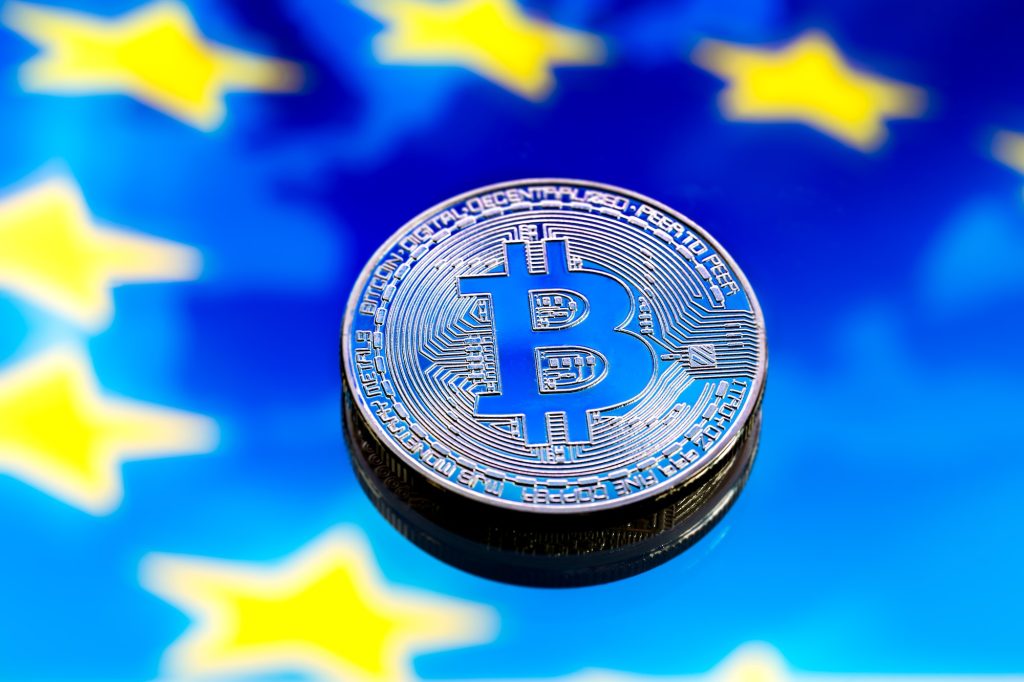The Finance Ministers of all 27 EU member states met and approved new rules governing crypto assets on May 16, the final step in the proposals becoming law. The much-discussed rules are noted for their comprehensiveness and cement the EU’s position as a ‘regulatory superpower’, which takes the lead in regulating industries for stability and consumer protection, and whose rules are often adopted by other countries.
While the new rules, which will go into effect from 2024 onwards, have been praised for bringing clarity and standardisation across all member states, they also have their detractors, who have criticised them for increasing the cost of compliance. It remains to be seen what effects the new rules will have and whether other countries will adopt them.
What are the new rules?
The new rules, known as MiCA (Markets in Crypto Assets), have several profound implications for the crypto sector in Europe. It unifies crypto standards throughout all 27 EU member states and imposes substantial requirements on crypto operators. This covers firms operating in various niches, such as consultancy services, marketing, operating a platform, or trading.
Perhaps the most significant rule is over transparency, as financial firms now have to screen and record information on transactions, including recipient and sender details, in a bid to combat tax evasion, money laundering, terror financing, and sanctions evasion. This makes all crypto transactions much easier to trace, at least in theory.
Any entity looking to introduce a crypto asset will first have to publish a white paper that provides all relevant information on it, such as issuer details, credentials, future plans, detailed rights and obligations, possible risks, and an overview of the underlying technology. This is hoped to make the market much more transparent and stable.
The rules governing stablecoins have also been tightened, and now issuers will have to maintain assets that back the stablecoin, segregated from crypto assets, and invested in low-risk portfolios. The capital requirements have also increased, and large-scale issuers will probably be subject to more stringent rules.
Banks will have to give the highest risk rating to crypto assets, firms that issue or trade in crypto must be licensed by their national regulator, and energy consumption must be disclosed. The European Securities and Market Authority (ESMA) has also been given the authority to ban platforms if they do not properly protect investors. Notably, the rules do not cover NFTs.
Global implications of the legislation
This move further puts pressure on other countries to introduce their own crypto legislation. Recent scandals in the crypto market, most notably that of FTX, have made the need for clear rules governing cryptocurrency apparent. FTX was the third-largest crypto exchange in the world before collapsing in late 2022, sending shockwaves through the crypto sphere.
The United Kingdom, for example, has announced a plan to slowly phase in regulations to minimise disruptions. They plan on beginning with stablecoin regulation before slowly expanding to unsecured crypto assets later, but as of now, there is no firm timetable for this rollout. The United States, on the other hand, has gone in for a strategy of treating cryptocurrency like other securities, regulating the sector through already existing securities rules.
There are also some countries, such as the UAE and El Salvador, that have embraced cryptocurrency. El Salvador became the first country in the world to recognise Bitcoin as legal tender.
China, in contrast, has gone in for the opposite extreme of simply banning crypto as legal tender and making all transactions in cryptocurrency illegal. Announced in 2021, the Chinese rules forbid all mining, trading, and other related services, including even working for a crypto firm. This was done in the name of consumer protection, environmental concerns, currency stabilisation, and stemming capital flight, and has been emulated by some other countries, such as Egypt, Indonesia, and Nepal.
Whether a global regulatory standard for cryptocurrency becomes a reality and what form the regulations will take are still open questions, with fierce arguments for every stance. Most countries are expected to wait and see how the vanguard legislators fare, before settling on a policy position, whether it be an EU-style regulation, Chinese-style crackdown, El Salvador-style adoption, or something entirely new.
